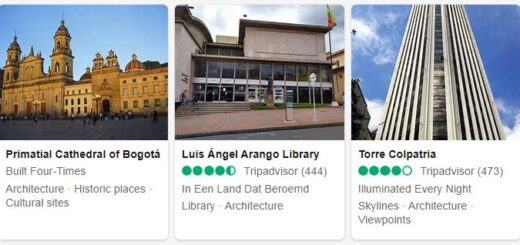Paraguay 2018
Paraguay is a South American country located in the southern part of South America with an estimated population of 7 million people. The economy is largely based on agriculture, hydropower and manufacturing. Paraguay’s main exports are soybeans, beef, and cotton. In terms of foreign relations, Paraguay is a member of the United Nations and other international organizations such as the Organization of American States (OAS). According to extrareference, Paraguay is a presidential representative democratic republic with an elected president who serves as both head of state and head of government. In 2018, Mario Abdo Benítez was elected to serve as President of Paraguay.
Yearbook 2018
Paraguay. According to Countryaah.com, Asuncion is the capital city of Paraguay, a country located in South America. The April 22 presidential election was won by Mario “Marito” Abdo Benítez of the ANR-PC (National Republican Organization-Colorado Party) government party, thus retaining government power for another term. However, the victory margin of the opponent, Efraín Alegre of the opposition alliance Ganar, was less than expected, only 3 percentage points in contrast to the opinion polls that gave him a 20 percentage point lead. At the same time, the results of the election to Congress showed a more divided picture than before. Although the ANRPC continued as the largest party in the House of Representatives but with a reduced majority, and in the Senate the opposition gained a majority. All in all, the elections pointed to a weakened position for ANR-PC.
- According to Abbreviationfinder: PRY is an three letter acronym for Paraguay.
At the same time, however, governor elections were held where things went much better for the party. ANR-PC won the governor posts in 13 of 17 provinces. Among them were the popular Departamento Central traditionally dominated by the opposition party PLRA (The True Liberal Radical Party).
In the aftermath of the election, the crack in the government party deepened. The newly elected President Abdo Benítez criticized his party mate and representative Horacio Cartes, and Senator Javier Zacarías Irún, an influential party member and close ally with Cartes, was accused of embezzlement, corruption and tax evasion. A worse burden for the president was leaked and published telephone conversations between the electoral court and political leaders who diluted the rumors of electoral fraud in ANR-PC’s favor.
In January, the remains of what was believed to be one of the leaders of the Christian minority Mennonite in northern Paraguay were found. He had been taken hostage by the guerrilla group EPP (Ejército del Pueblo Paraguayo), and the discovery led to an intensified debate about the security situation in the country. Despite the promises of outgoing President Cartes to defeat the EPP, violence and kidnappings have escalated.
History. – The regime of gen. A. Stroessner proved to be the most enduring of the Latin American dictatorships. Indeed, in August 1963, Stroessner occupied the presidential seat for the third consecutive time, after apparently free elections brought twenty members of a tolerated opposition to Congress.
The opposition to the regime is represented by thousands of refugees or exiles, mostly politicians and intellectuals, forced to live abroad, mostly in Argentina. The Church has joined them, making its voice heard ever louder against the dictatorship, in favor of the dispossessed. In 1970 the conflict between the Church and the oligarchy intensified following the expulsion of a priest (22 October) and protests, severely punished, which led to the excommunication of principals and executors of the repressions. The elections of 11 February 1973 reconfirmed the stay in power of General Stroessner, who was once again re-elected on 12 February 1978.
The economic conditions of the masses, mostly employed in agricultural work, in the vast properties held by a few masters, have not known substantial improvements (the agrarian reform has just begun to bear some fruit, with the allocation of 2 million hectares of land to 50,000 farmers). The country’s economy in the 1960s recorded some progress, which benefited few categories: inflation and the cost of living are have been contained and new schools have been built to limit the scourge of illiteracy. The Paraguay, in an attempt to get out of the isolation to which he is conscripted from his geographical position, has encouraged the construction of roads that connect him to Argentina, Bolivia and Brazil; the latter country granted Paraguay (1969) a free zone in the port of Paranaguà, which connected the Atlantic coast to Asunción by highway, facilitating the export of Paraguayan products. The Paraguay, with Argentina, Brazil, Bolivia and Uruguay, is part of the “Cuenca del Plata” group, which aims to coordinate common efforts for greater geo-economic interpenetration in the Rio de la Plata basin.



